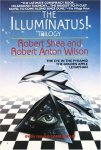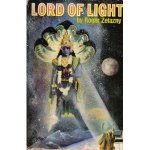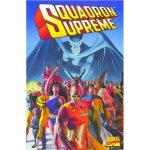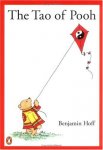Guy Incognito
DP Veteran
- Joined
- May 14, 2010
- Messages
- 11,216
- Reaction score
- 2,846
- Gender
- Male
- Political Leaning
- Libertarian
Please list the great work of philosophy you have ever personally read. Two rules, it must be something you have personally read in its entirety and it must not be a translation (you must have read it in its original language).
Thanks! I'm looking forward to what everybody has to say.
Thanks! I'm looking forward to what everybody has to say.







